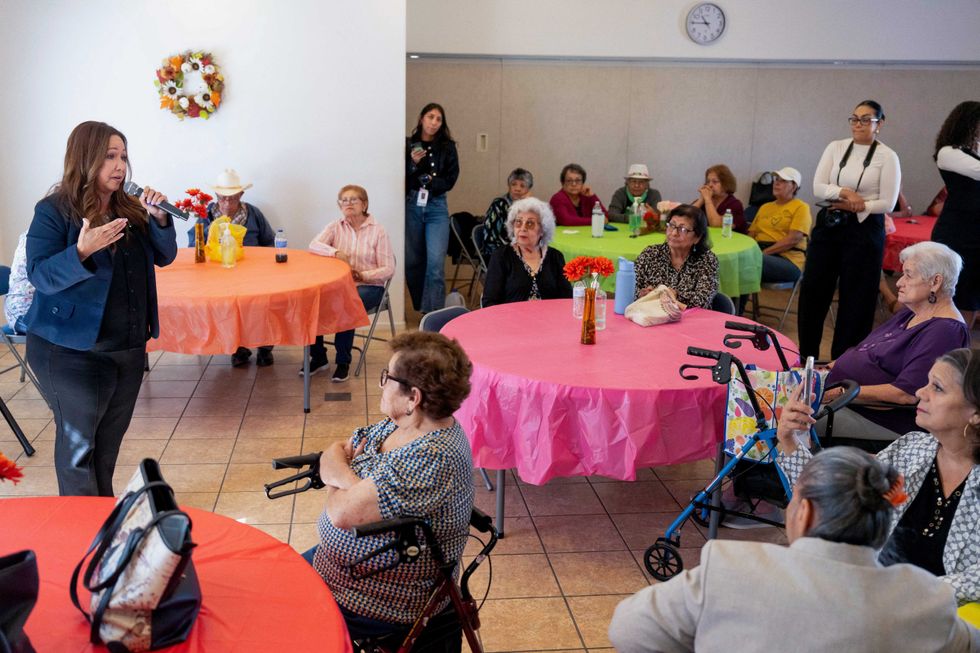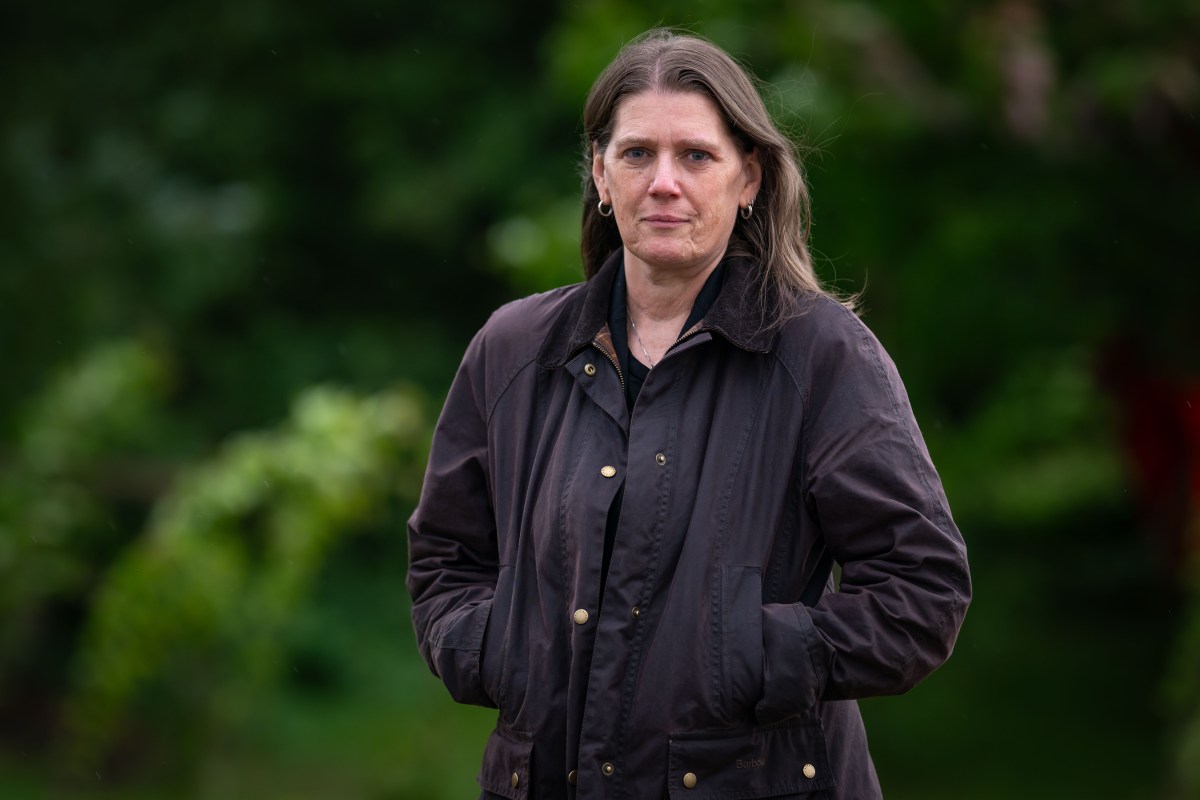A growing number of older women in the United States are expressing concerns about the future of Social Security, a program that has long been a cornerstone of financial stability for retirees. Recent focus groups conducted by AARP revealed a stark decline in confidence among participants, many of whom worry that their benefits may be cut or diminished in the coming years.
During a focus group session earlier this month, participants shared their fears. Dorothy B., a 74-year-old Democrat from North Carolina, voiced a sentiment echoed by others: “They’ll find a way to take it from you.” Similarly, Claudia C., a 65-year-old Democrat from Washington, noted that she opted to receive her Social Security benefits earlier than planned due to concerns about future reductions. “I could have waited until 70 or my full retirement age and gotten a lot more money. But I felt that I should take it now. At least I got the money now,” she explained.
Uncertainty about Social Security is not confined to one political affiliation. In a separate focus group of Republican or Republican-leaning women over 65, five out of eight participants indicated they do not trust the program’s future. Amy M., a 70-year-old from Missouri, referred to projected funding issues, stating, “They keep telling us, OK, in 2032, there’s no more money in Social Security.” She emphasized a lack of congressional action to secure the program’s stability.
Patricia H., 66, from New Jersey, expressed her hesitance to spend on discretionary items, indicating a cautious approach due to the unpredictable political climate. “The way the political climate is, you just never know,” she remarked.
The findings from these focus groups represent a significant shift from historical polling data. Traditionally, confidence in Social Security has remained relatively stable; however, AARP’s recent surveys show a notable decline. The percentage of Americans confident in the program’s future has dropped by seven points over the past five years. While approximately 65 percent of those over 65 expressed confidence in the program during a recent AARP poll, younger demographics exhibited far less faith. Only 25 percent of individuals aged 18 to 24 and 20 percent of those aged 25 to 34 felt similarly optimistic.
Jenn Jones, vice president of Financial Security and Liveable Communities at AARP, noted, “Once you start receiving the benefit, it really does shift perspective about how you feel about the program.” This sentiment aligns with observations from Kathleen Romig, director of Social Security and Disability Policy at the Center on Budget and Policy Priorities, who indicated that as individuals age, they typically become more confident in Social Security due to personal experience.
The recent uncertainty expressed by older women may stem from a broader decline in trust towards institutions. Romig highlighted a report from the Urban Institute indicating an increase in early claims for Social Security benefits, likely due to perceived instability within the Social Security Administration. “When people saw chaos at [the Social Security Administration] in how the program was being implemented, they wanted to take the money and run,” she said.
Claiming benefits early can have long-lasting financial consequences. For example, individuals who opt for Social Security at age 62 instead of waiting until age 67 face a 30 percent reduction in their monthly payments for the duration of their retirement. This decision can significantly impact financial security, particularly for older women, who typically receive lower benefits than men.
Factors contributing to this disparity include historical wage gaps and caregiving responsibilities. Jones explained, “Women typically enter their retirement years with less financial security. They’ve been able to save less. This goes back to the pay gap — women earning around 80 cents on the dollar men get.” Women are also more likely to leave the workforce to care for family members, which further diminishes their future earnings and contributions to Social Security.
Despite the current anxiety surrounding Social Security, experts like Romig and Jones believe that benefits for those already receiving them will remain secure. “There’s a pretty strong bipartisan consensus that you just don’t go after people who are already receiving benefits or are close to it,” Romig stated. However, they both acknowledged that the feelings of uncertainty among older Americans, particularly women, are valid given the current climate of distrust in governmental institutions.
As confidence in institutions continues to wane, many older women are left grappling with the implications for their financial future. The outlook for Social Security remains a crucial topic as the nation moves forward, particularly with impending challenges that may affect the program’s sustainability.






